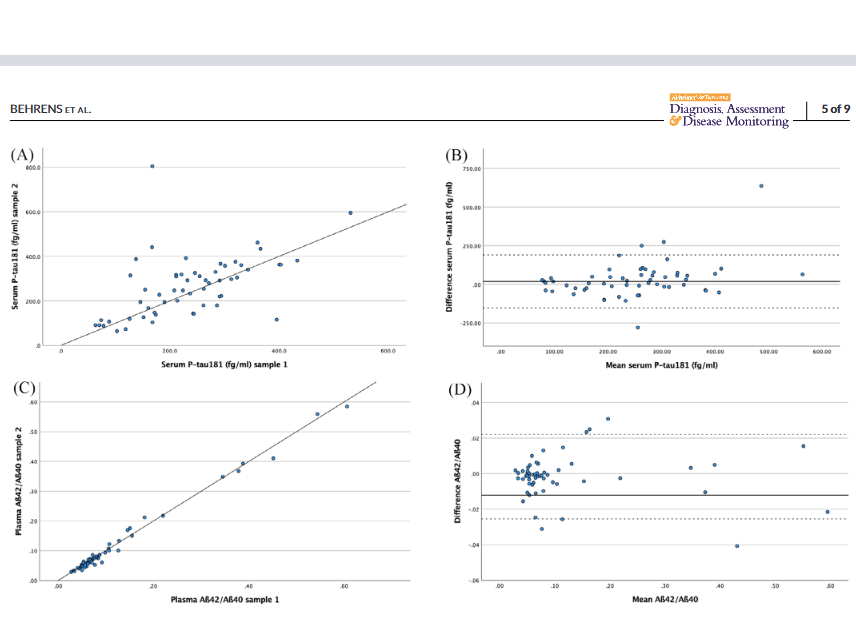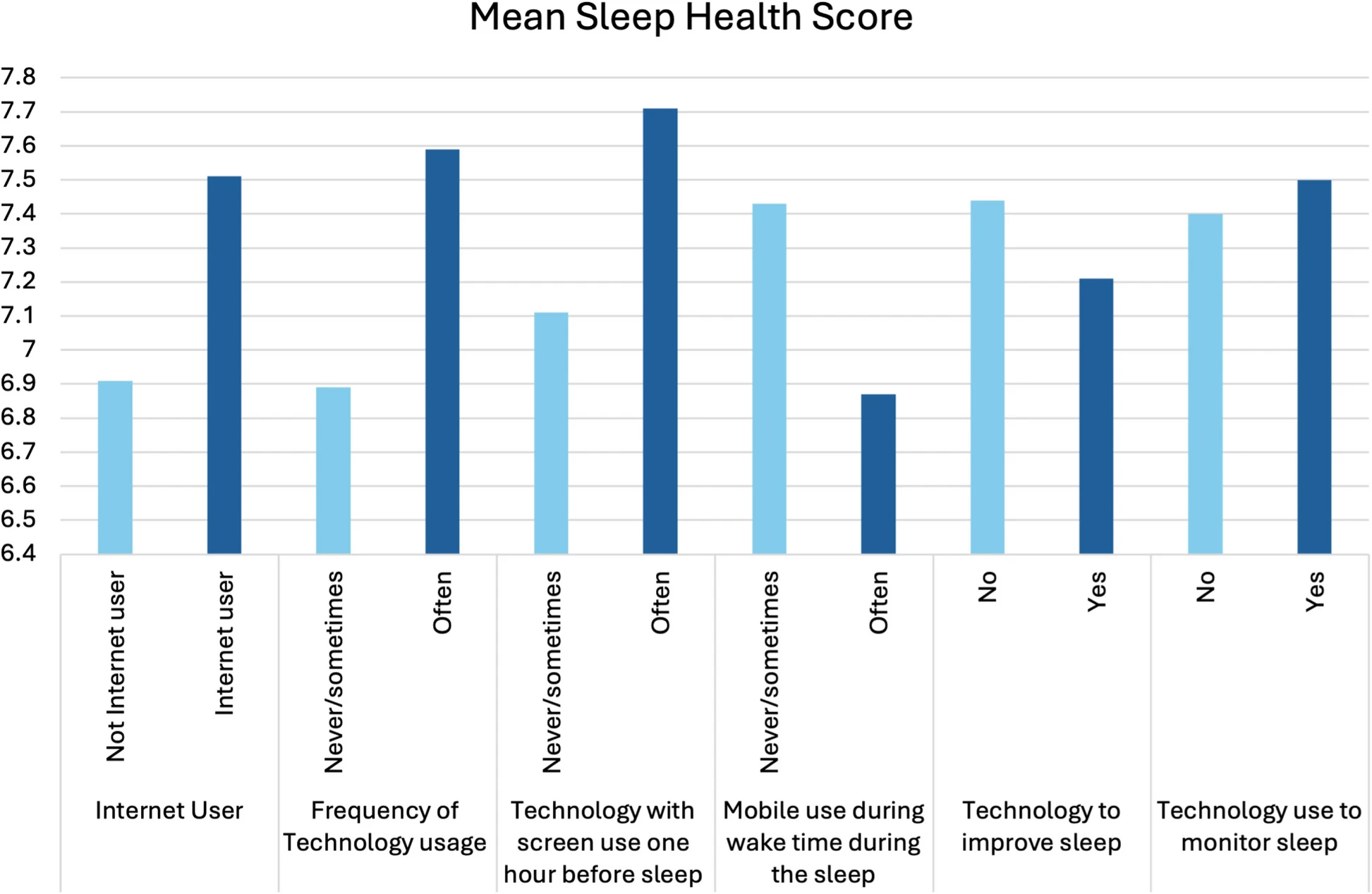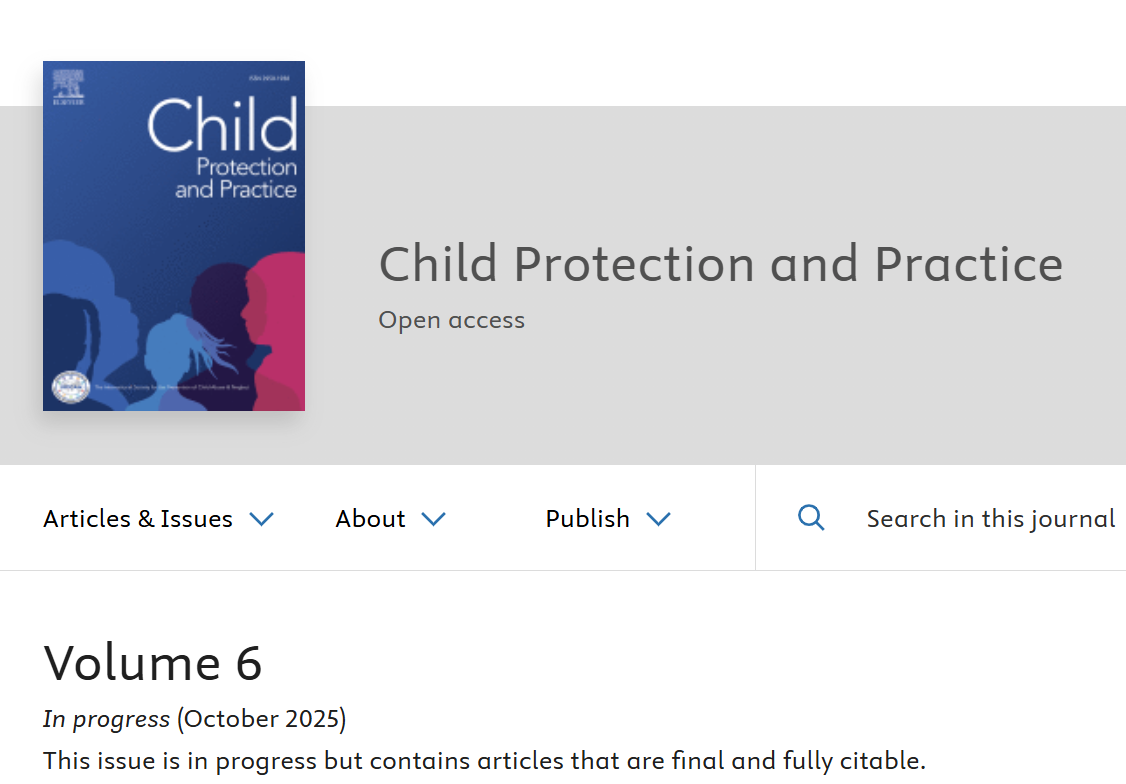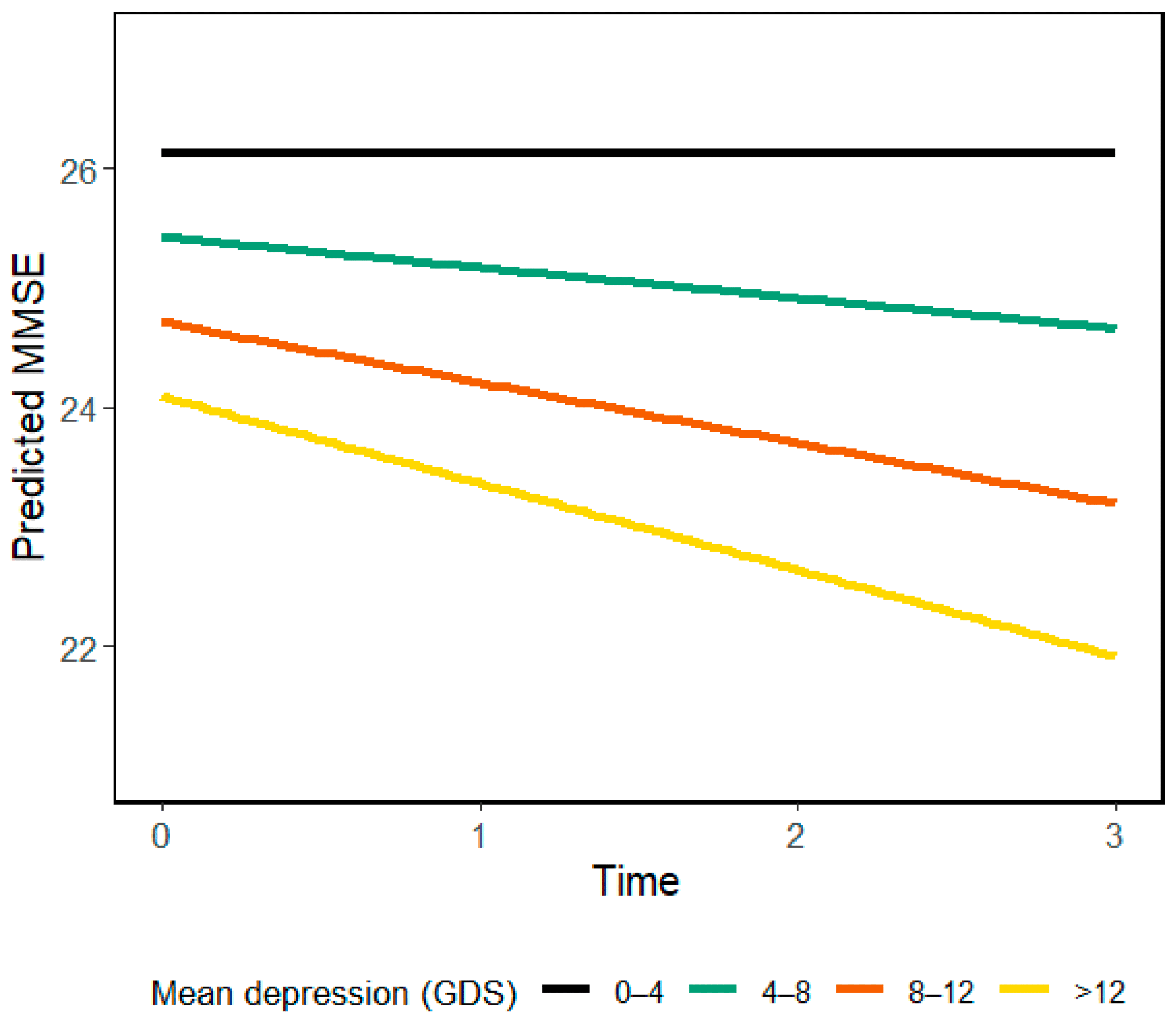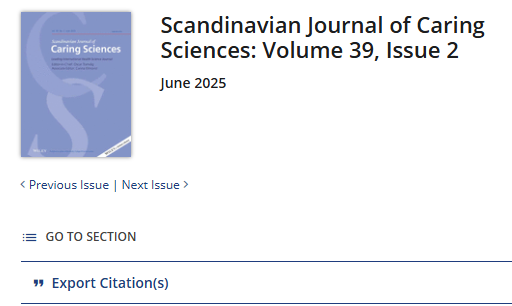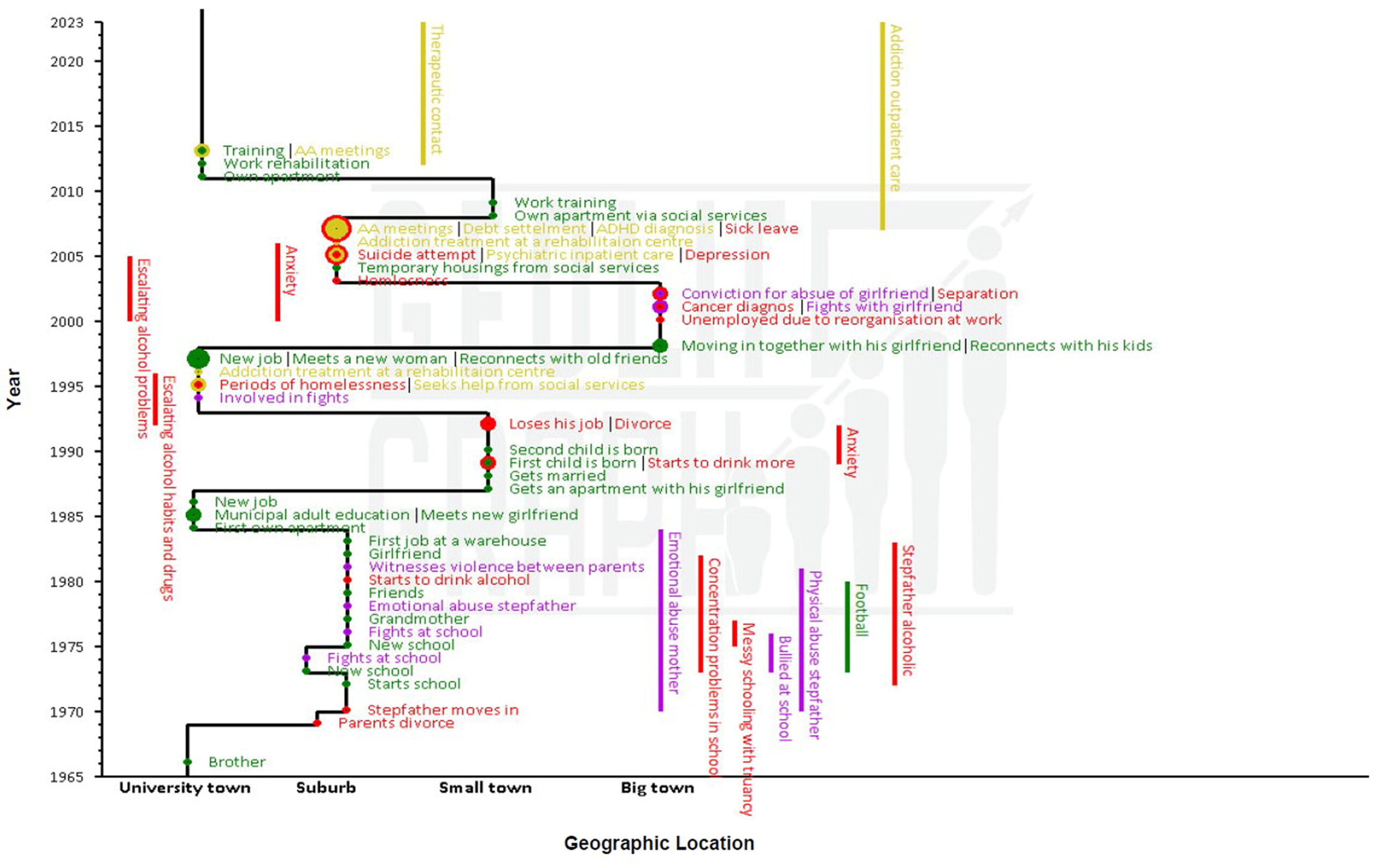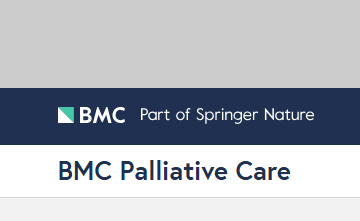Abstract Introduction Blood-based biomarkers for Alzheimer’s disease (AD) have the potential to improve diagnostic accessibility, but their clinical interpretation requires understanding of variability and biological influences. Methods We repeatedly sampled blood from 57 adults referred for lumbar puncture as part of a cognitive evaluation at a memory clinic. We measured serum phosphorylated- tau-181 (s-p-tau181) and […]
Read More